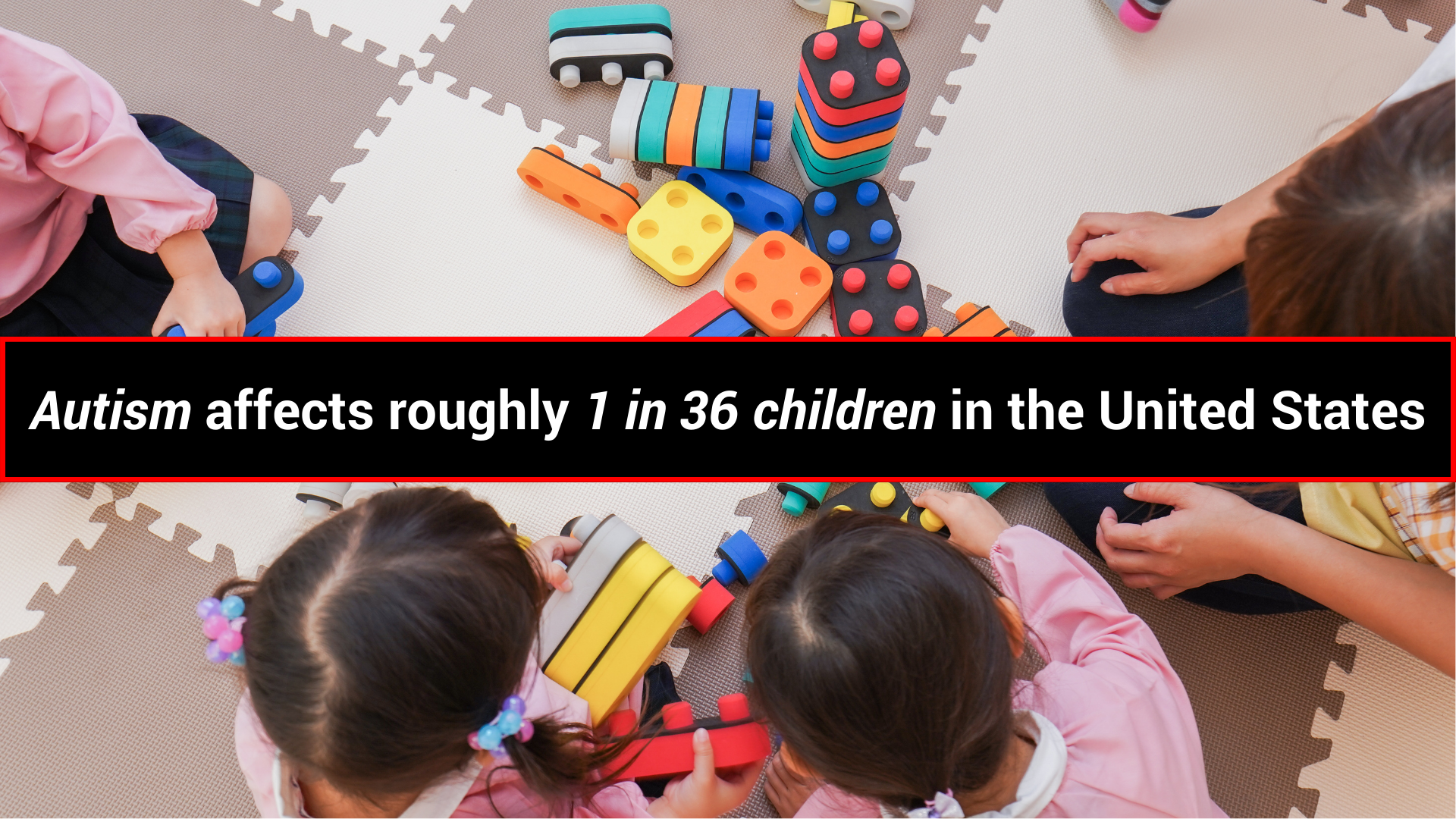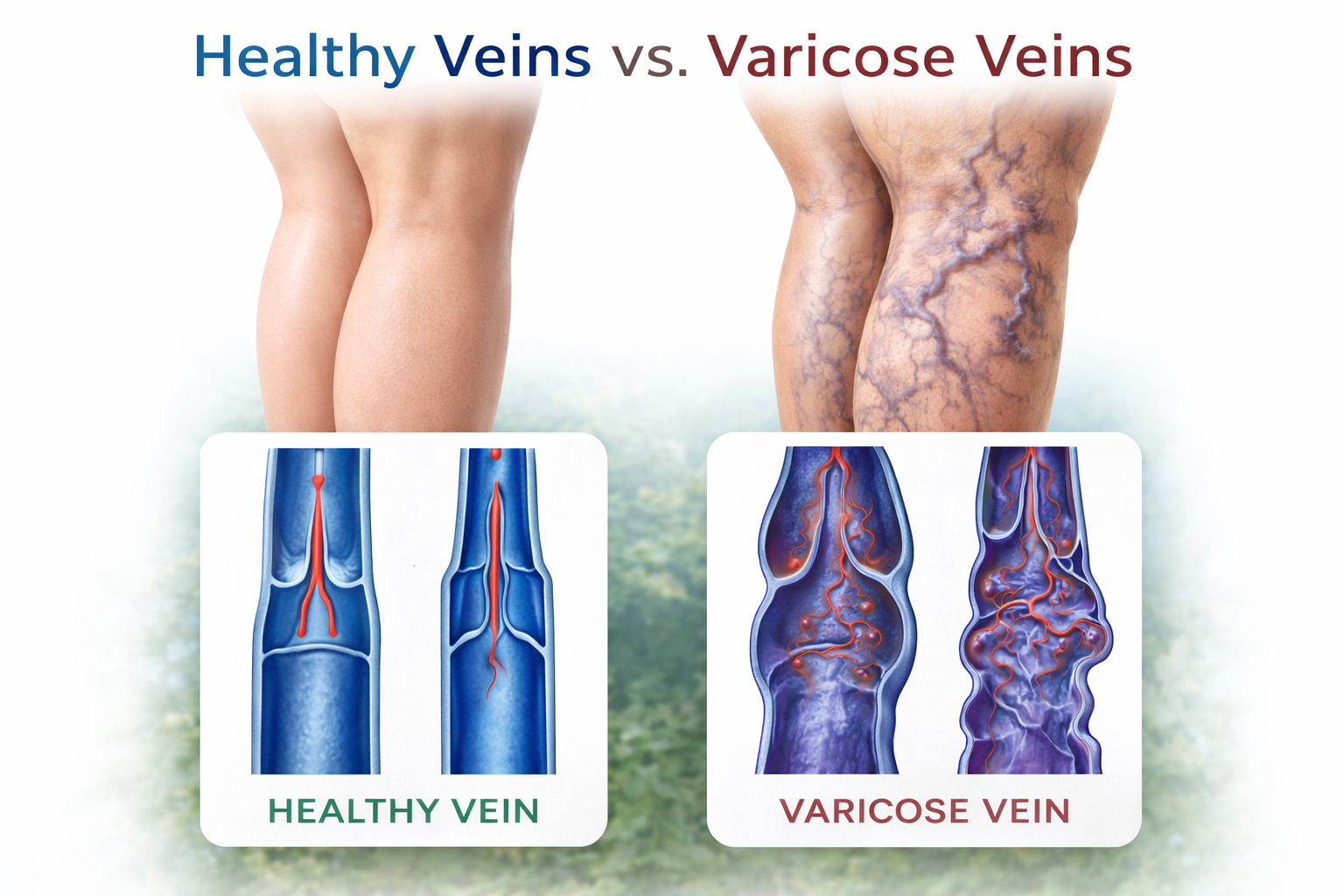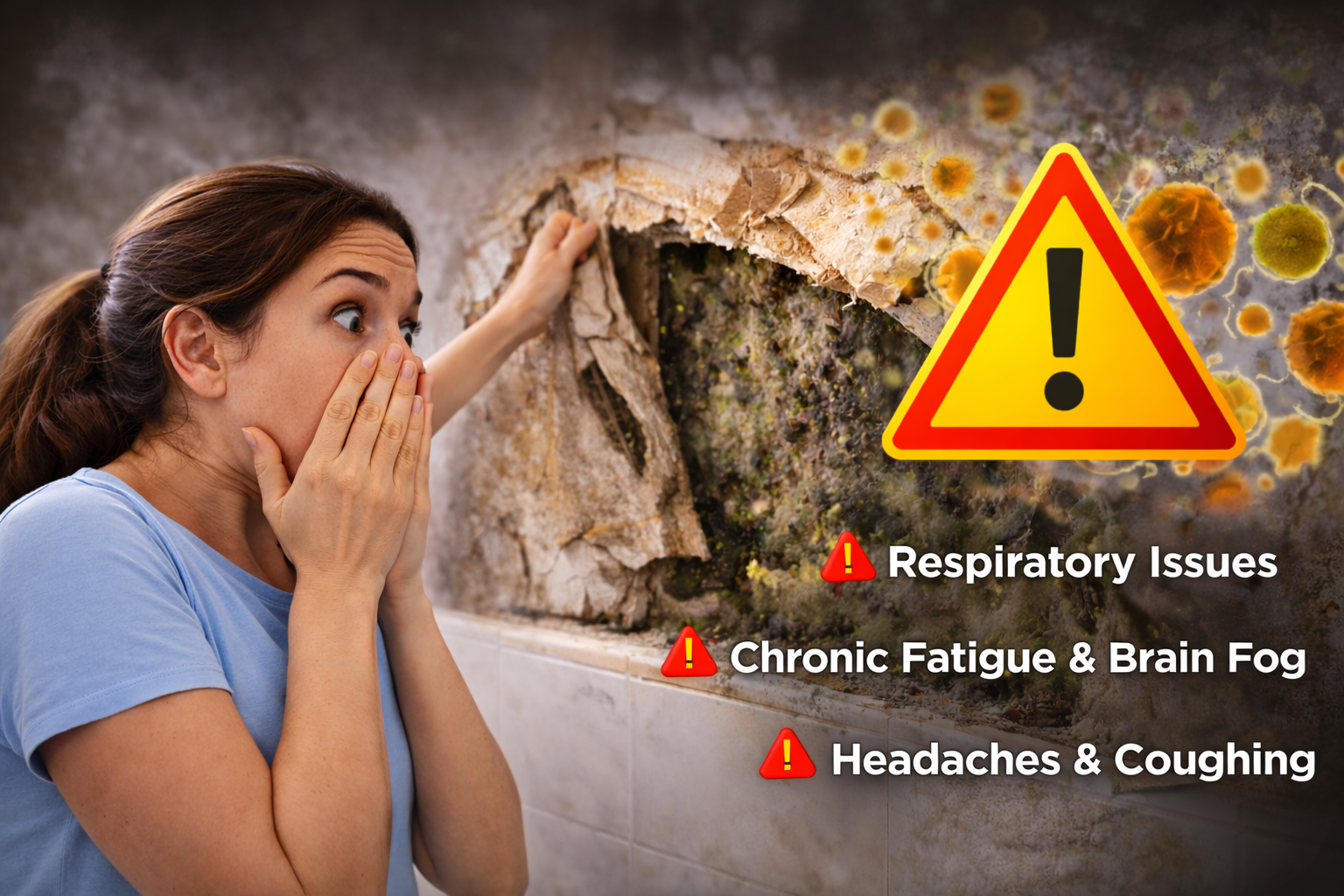
Autism is once again making national headlines, this time as political figures raise concerns about potential links between common medications, such as Tylenol (acetaminophen), and the development of autism spectrum disorder (ASD). These claims have drawn both attention and criticism, highlighting just how complex and emotionally charged the autism conversation continues to be.
But beyond the media soundbites and political rhetoric lies a critical question: What does science actually say about autism and what remains uncertain?
This article takes a clear-eyed look at recent developments, separating emerging hypotheses from established facts, while exploring how families and caregivers can navigate the conversation with clarity, compassion, and critical thinking.
Autism in the Headlines: What Sparked the Current Debate?
In September 2025, former President Donald Trump and Health Secretary Robert F. Kennedy Jr. publicly suggested a potential link between acetaminophen use during pregnancy and the risk of autism. They also referenced the use of leucovorin, a folate-based compound, as a potential treatment for certain autism-related symptoms.
These statements quickly made their way through major news outlets, drawing both support and backlash. While some hailed the attention to autism as overdue, many scientists and advocacy groups expressed concern about the lack of clear scientific backing for such claims.
To understand why this matters, it is important to examine what we currently know and do not know about the causes of autism.
What We Know About Autism
Over decades of research, scientists have learned a great deal about autism. While there is still no single known cause, several well-supported factors have been identified.
🔬 Genetic Factors Play a Major Role
- Twin and family studies estimate that genetics contribute 60–80% of autism risk [1].
- Multiple genes involved in brain development, synaptic function, and neural connectivity have been linked to autism.
🧠 Brain Development Is Often Atypical
- Neuroimaging research shows that some children with ASD experience accelerated brain growth in early life, as well as differences in how brain regions communicate [2].
🌿 Environmental Factors May Influence Risk
- Certain prenatal and perinatal factors such as advanced parental age, exposure to pollution, maternal infection, or metabolic conditions have been associated with a modestly increased risk [3].
- These are associations, not proven causes, and usually involve complex interactions with genetics.
What We Don’t Know (Yet)
Despite progress, some areas remain uncertain and are the focus of ongoing research and public discussion.
❓ Is Acetaminophen (Tylenol) Linked to Autism?
This question has gained attention following statements by public figures, but here is what the research actually shows.
- Some observational studies suggest a possible link between frequent acetaminophen use during pregnancy and a slightly increased risk of neurodevelopmental disorders, including ASD [4].
- However, these studies do not prove causation. Confounding variables such as the underlying reason for taking Tylenol (e.g., fever or pain) may also influence outcomes.
- The World Health Organization and major medical associations continue to state that occasional, appropriate use of acetaminophen during pregnancy is considered safe for most individuals [5].
❓ Can Leucovorin Help Treat Autism Symptoms?
Leucovorin (a form of folinic acid) has been studied in small clinical trials as a potential support for children with cerebral folate deficiency, some of whom may also be diagnosed with ASD.
- A 2018 study showed that some children experienced improvements in language and communication after leucovorin supplementation [6].
- However, this treatment appears to help only specific subgroups, and larger, high-quality trials are needed to confirm effectiveness and safety.
- Leucovorin is not currently FDA-approved for autism treatment, and experts urge caution against widespread use without more data.
How to Think Critically About Autism News
With autism often caught between science, media, and politics, here are a few principles to help navigate the conversation thoughtfully.
1. Look for Peer-Reviewed Evidence
Reliable information typically comes from reputable journals, health agencies, and research institutions. Be cautious of anecdotal claims or single studies taken out of context.
2. Beware of Oversimplification
Autism is highly complex, with many possible contributing factors. Claims that one substance or treatment is “the cause” or “the cure” are likely misleading.
3. Consider the Motivations Behind the Message
Sometimes, public figures or organizations may have political, ideological, or commercial incentives. This does not automatically disqualify their statements, but it does mean we should examine them critically.
4. Talk with Medical Professionals
If you are pregnant, parenting a child with autism, or considering any new therapy, speak with a healthcare provider who understands the latest research and your individual needs.
Why This Conversation Matters:
Autism affects roughly 1 in 36 children in the United States today [7], and its prevalence continues to rise. With that, so does the public’s interest and sometimes confusion about its causes, treatments, and long-term outcomes.
While it is natural to seek answers, especially when navigating autism as a parent or caregiver, scientific progress takes time, and responsible communication is essential. Elevating thoughtful research over fear-driven narratives helps everyone, especially the autistic community, move forward with dignity, care, and evidence-based support.
Final Thoughts:
Autism is and should be a topic of public focus. But when claims emerge in the media, especially from political figures, it is crucial that we approach them with curiosity, not panic, and always ask
What does the science really say.
By understanding what we know and acknowledging what we do not, we can better support individuals with autism and their families, while encouraging research that leads to meaningful, inclusive progress.
References:
- Sandin S, Lichtenstein P, Kuja-Halkola R, Hultman C, Larsson H, Reichenberg A. The Heritability of Autism Spectrum Disorder. JAMA. 2017. https://jamanetwork.com/journals/jama/fullarticle/2654804
- Courchesne E. Brain development in autism: early overgrowth followed by premature arrest of growth. Ment Retard Dev Disabil Res Rev. 2004;10(2):106-11. https://pubmed.ncbi.nlm.nih.gov/15362165/
- Modabbernia A, Velthorst E, Reichenberg A. Environmental risk factors for autism: an evidence-based review of systematic reviews and meta-analyses. Mol Autism. 2017 Mar 17;8:13. https://pubmed.ncbi.nlm.nih.gov/28331572/
- Bauer, A.Z. et al. Paracetamol use during pregnancy and child neurodevelopment: a review. Nature Reviews Endocrinology, 2021. https://www.nature.com/articles/s41574-021-00553-7
- World Health Organization. Statement on autism-related issues, 2025. https://www.who.int/news/item/24-09-2025-who-statement-on-autism-related-issues
- Frye RE, Slattery J, Delhey L, Furgerson B, Strickland T, Tippett M, Sailey A, Wynne R, Rose S, Melnyk S, Jill James S, Sequeira JM, Quadros EV. Folinic acid improves verbal communication in children with autism and language impairment: a randomized double-blind placebo-controlled trial. Mol Psychiatry. 2018 Feb. https://pubmed.ncbi.nlm.nih.gov/27752075/
- Centers for Disease Control and Prevention (CDC). Data and Statistics on Autism Spectrum Disorder. 2024. https://www.cdc.gov/autism/data-research/index.html





